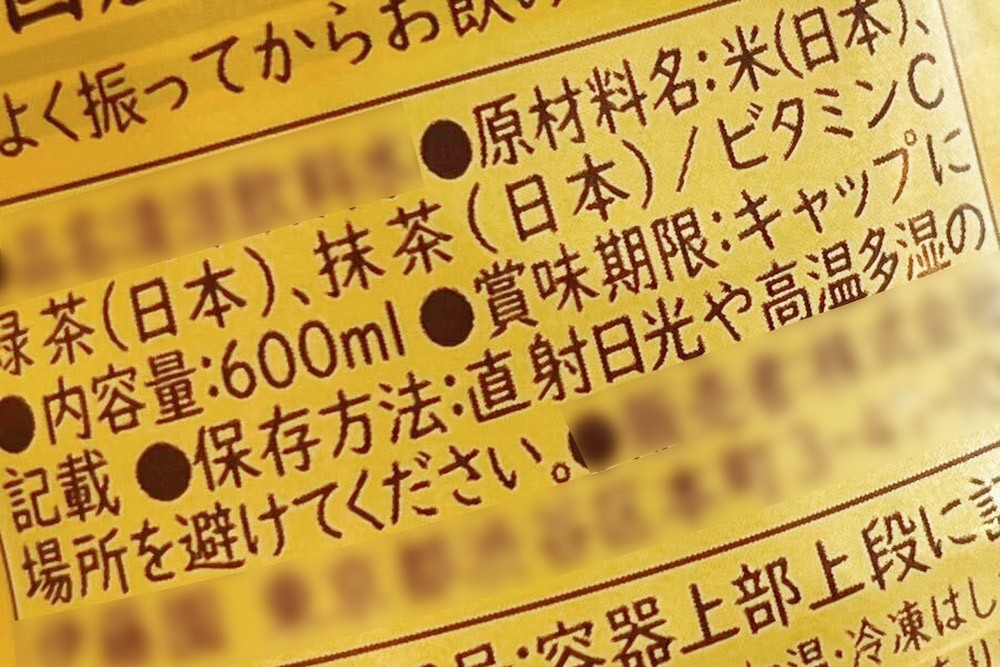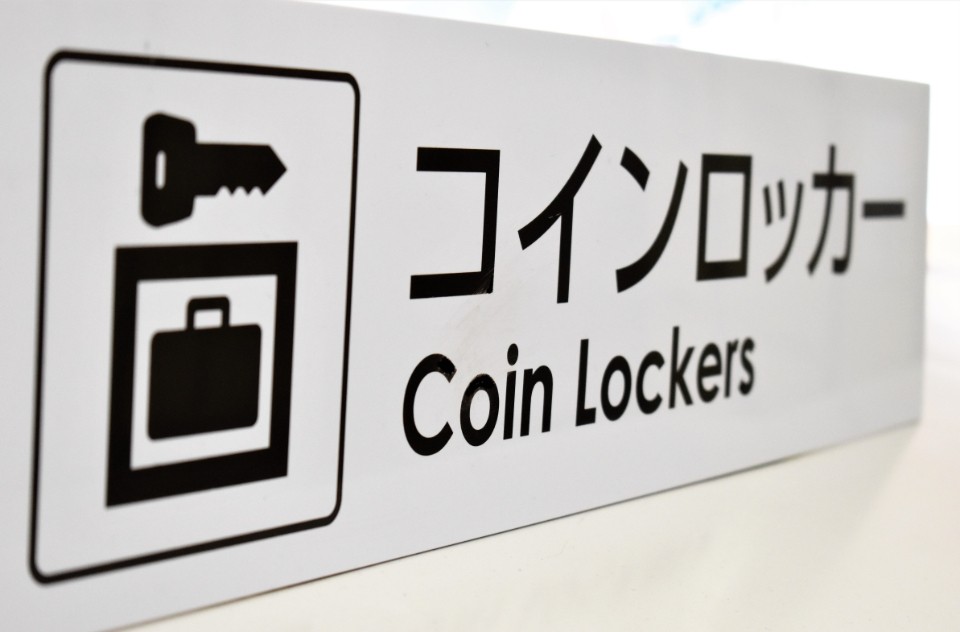
Have you ever had trouble finding something to eat while visiting Japan? For those with dietary restrictions or religious considerations, choosing food in Japan can be a major concern. However, in recent years, the number of halal-friendly restaurants and products has been growing, making it easier to enjoy meals with peace of mind. This article introduces ways to check for halal food in Japan, recommended restaurants, and helpful apps.
*Please note that the information in this article is provided for reference only. Final decisions should be made at your own discretion.
*Restaurant policies and product ingredients may change, so we recommend checking the latest information.
*By purchasing or reserving products introduced in this article, a portion of the sales may be returned to FUN! JAPAN.
🚅 Book your Shinkansen tickets with NAVITIME Travel! 👉Click here
😄Make your trip in Japan smoother with NAVITIME eSIM! 👉Click here
What is Halal? What foods are not allowed?

"Halal" is an Arabic word meaning "permissible" in Islam. It’s a key concept that applies not only to food but to actions, clothing, and other aspects of daily life. On the other hand, "Haram" refers to things that are forbidden, which Muslims (followers of Islam) must avoid. What is considered halal or haram is determined by the Quran (the holy book) and Hadith (the sayings and actions of the Prophet Muhammad).
Based on Islamic teachings, halal foods include vegetables, fruits, grains (like rice and wheat), legumes, seafood, seaweed, dairy, and eggs. Beef and chicken can also be halal, but only if they are processed according to Islamic law. On the other hand, pork and alcohol are prime examples of haram.
Pork is strictly forbidden in Islam. This includes not only pork itself but also foods containing pork-derived ingredients like gelatin, lard, and pork extract, as well as meat from animals raised on pork-based feed.
Alcohol is also generally considered haram. Beverages containing alcohol or dishes made with alcohol are not allowed.
What is Halal Certification? What are the criteria?

Halal certification is a system where a specialized organization examines whether a product or service is halal (permissible) based on Islamic teachings, and certifies its safety and compliance. Products or services that have been certified usually carry a "Halal Certification Mark."
Halal certification ensures that the product not only excludes pork, alcohol, or other forbidden ingredients but is also manufactured in an environment that follows Islamic law, including quality control and production processes.
This certification can apply not just to food, but also to cosmetics, pharmaceuticals, and more. It's an important system that helps provide products Muslims can use with confidence.
Key Points for Choosing Halal Food While Traveling in Japan
Some food items, such as seasonings or processed products, can be difficult to distinguish as halal or haram just by appearance. Especially in a non-Muslim country like Japan, it’s not always clear what ingredients are used or how the food is prepared, which can make it hard for Muslim travelers to feel confident about their choices. Here are some important tips for selecting halal food while traveling in Japan.
*Please note that the information in this article is provided for reference only. Final decisions should be made at your own discretion.
Things to Keep in Mind When Shopping at Convenience Stores or Supermarkets

Check for Halal Certification Labels
If a product has a halal certification label, it means the product meets halal standards. This saves Muslim shoppers the time and effort of checking each ingredient or production method, allowing them to purchase items with peace of mind.
Recently, the number of Japan-made products that have obtained halal certification has been increasing. These items can be enjoyed during your trip or even brought home as souvenirs. The official website of the Halal Japan Association features certified products and services, offering useful information for Muslim travelers.
If There's No Label, Check the Ingredients List
When there’s no halal certification label, be sure to check the ingredients listed on the package. It’s important to look for the presence of pork or alcohol. Specifically, check that terms like "pork" or "ethanol" are not listed, and choose products that align with halal standards.
How to Read the Ingredients List

- Ingredients are sometimes divided using slashes (/).
Before the slash: main ingredients
After the slash: additives and seasonings - Ingredients are listed in order of quantity, from most to least.
Key Points When Checking the Ingredients List
Watch out for ingredients you want to avoid, such as:
Pork-derived ingredients (e.g., pork extract, gelatin)
- Alcohol (e.g., alcohol, alcoholic beverages)
- Animal fats (especially if the source is unclear)
If the label isn’t in English, you can use Google Lens or a translation app to translate the ingredients. You can also ask store staff for help with ingredient information.
Commonly Used Kanji and Their Meanings
肉(にく): meat
- 豚肉(ぶたにく): pork
- 鶏肉(けいにく): chicken
- 牛肉(ぎゅうにく): beef
- 魚介(ぎょかい): fish
- 油(あぶら): oil
- エキス: extract
- ゼラチン: gelatin
- 乳製品(にゅうせいひん): dairy product
- 飲酒(いんしゅ): alcoholic beverage
- アルコール: alcohol
Keep these keywords in mind when checking ingredient labels to determine whether a product meets halal standards.
Where to Buy Halal Food in Japan
Halal food options are still relatively limited in regular Japanese supermarkets, but in recent years, the increase in Muslim residents and inbound tourism has led to more stores and areas offering halal products.
Places Where You Can Buy Halal Food:
1. Gyomu Super (Gyomu Supermarket)
A nationwide chain known for affordable frozen meats, seasonings, and bulk food items.
- Store Info: Available in many areas including Tokyo and Osaka.
- Access: Check store locations and business hours via the official website or store locator.
2. Bongo Bazar
A specialty supermarket offering halal ingredients, located in Saitama and Gunma. They stock a wide variety of halal-certified foods, particularly meats and spices.
- Store information: Saitama Store: 3-208-1 Hikokari, Misato City, Saitama Prefecture
- Gunma store: 1545-2 Iizuka-cho, Ota-shi, Ma Prefecture
- Access information: Saitama Store: About a 15-minute walk from Shin-Misato Station (JR Musashino Line)
- Gunma Store: About a 20-minute walk from Ota Station South Exit (Tobu Railway)
3. Islamic Yokocho (Shin-Okubo)
Japan's largest "halal street," home to numerous halal restaurants and grocery shops offering authentic halal dishes and ingredients.
- Address: Hyakunincho 2-chome, Shinjuku-ku, Tokyo
- Access: About a 5-minute walk from JR Shin-Okubo Station
Tips for Dining at Restaurants

Halal-Certified Restaurants
These restaurants strictly follow Islamic dietary laws regarding ingredients and food preparation. Some even provide prayer spaces for guests.
Halal-Friendly Restaurants and How to Choose Them
Japanese cuisine often includes ingredients like rice, seafood, tofu, and soy-based products, which may seem halal-friendly. However, many dishes use sake (cooking alcohol), mirin (sweet rice wine), and soy sauce, which may contain alcohol. Some miso pastes also include alcohol.
The term "halal-friendly" is interpreted differently by each restaurant in Japan. It’s important to be aware of the following:
- Vegetarian/Vegan Options: Some places offer vegetarian dishes that are not halal-certified but avoid animal products.
- Ingredient Labels for Pork and Alcohol: Some menus clearly state if a dish contains pork or alcohol, but utensils and cooking oil may still be shared with non-halal dishes.
To dine with peace of mind, confirm the following with the restaurant:
Do they use halal-only utensils and ingredients?
- Are the dishes cooked in a separate environment from pork or alcohol?
- Are the vegetarian options in line with halal requirements?
How to Confirm and Ask Questions at Restaurants
- Before You Visit: Check the restaurant’s website or online reviews to see if they are halal-compliant.
- When You’re There: Ask staff about ingredients and cooking methods. Useful Japanese phrases include:
「豚肉を使わない料理はありますか?」(Butaniku o tsukawanai ryōri wa arimasu ka?) Do you have any dishes without pork?
「アルコールを使わずに調理できますか?」(Arukōru o tsukawazu ni chōri dekimasu ka?) Can you cook without alcohol?
- Check if You Can Bring Your Own: Some restaurants allow customers to bring their own halal food or condiments—be sure to ask in advance.
Recommended Websites for Finding Halal-Friendly Restaurants in Japan

1. Halal Gourmet Japan
This convenient site allows users to search for halal-friendly restaurants and stores across Japan. You can search by area, and filter results based on dietary needs and other details. A mobile app is also available, making it easy to search while you're on the go.
- Website: https://www.halalgourmet.jp/
2. Japan Muslim Guide
This comprehensive guide provides information on halal restaurants, prayer spaces, hotels, and shops throughout Japan. It's especially useful for travelers looking for Muslim-friendly services across different regions.
- Website: https://muslim-guide.jp/
Top 3 Recommended Halal Ramen Shops
(1) Menya Honolu
Menya Honolu is beloved for its rich chicken-based broth and carefully selected toppings. One of the most popular dishes is the Spicy Fried Chicken Ramen, which features a flavorful chicken broth topped with crispy, spicy fried chicken. It’s a dish that leaves a lasting impression.
- Locations: Ebisu, Shinjuku Gyoenmae (Tokyo), Namba (Osaka), Gion (Kyoto), and more
- Website: https://halalramen-honolu.net/
(2) Ayam-Ya (Okachimachi)
"Ayam" means "chicken" in Indonesian, and as the name suggests, this ramen shop specializes in a deeply flavorful chicken bone broth packed with collagen. The soup is rich and nourishing, offering a heartwarming experience with every bowl.
- Address: 3-10-3 Motoasakusa, Taito-ku, Tokyo
- Hours: Lunch: 11:30–15:00 (Last Order 14:30)
- Dinner: 17:00–22:00 (Last Order 21:30)
- Website: https://ayamyatokyo.blogspot.com/
(3) Tokyo Olive Noodle
Located on the basement floor of Sky Town Narita Building in Narita Ramen Street, Tokyo Olive Noodle offers a unique Italian-inspired take on ramen. They use no pork or alcohol and are certified by the Nippon Asia Halal Association. With its Muslim-friendly approach and creative flavors, this shop offers a fresh ramen experience.
- Address: B1F, Sky Town Narita Building, 828-11 Hanazakicho, Narita City, Chiba
- Hours: Mon–Thu: 11:00–22:30 (Last Order)
Fri, Sat, Day Before Holidays: 11:00–23:00 (Last Order)
Sun, Holidays: 11:00–22:00 (Last Order) - Website: https://narita-ramen.com/tokyoolive/
🚅 Book your Shinkansen tickets with NAVITIME Travel! 👉Click here
😄Make your trip in Japan smoother with NAVITIME eSIM! 👉Click here




Comments